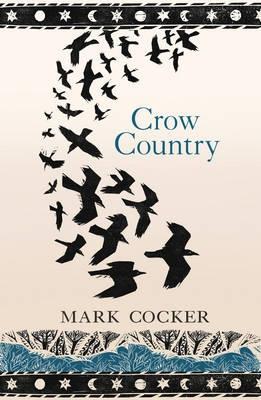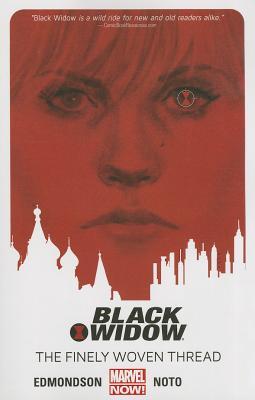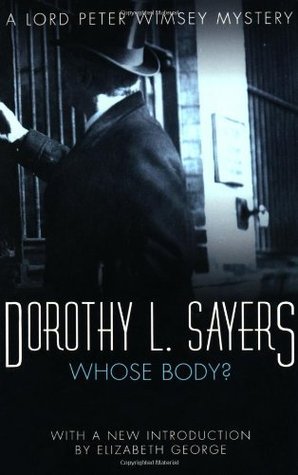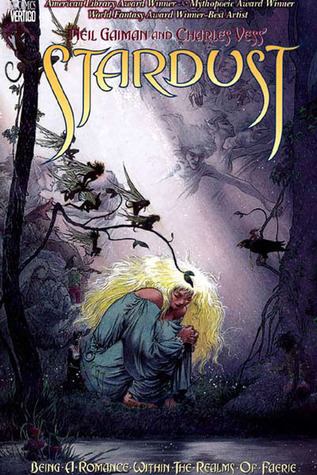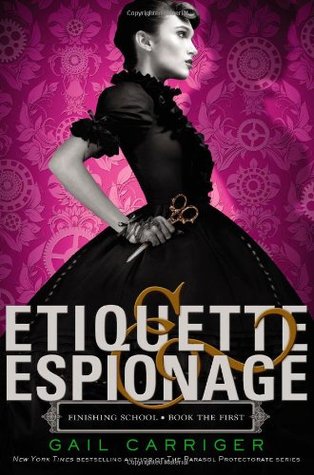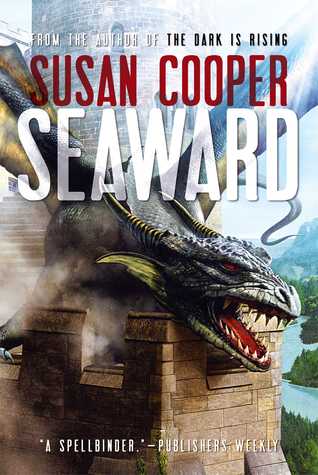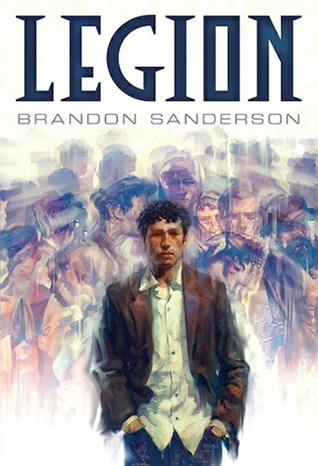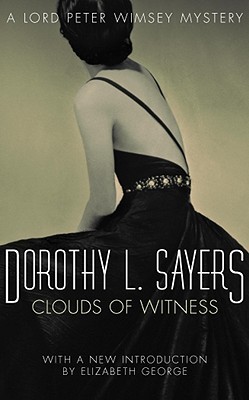 Clouds of Witness, Dorothy L. Sayers
Clouds of Witness, Dorothy L. Sayers
As usual, Sayers manages a convoluted plot, the characters we love, and some bits of pure fun. Peter’s mother is catching my interest this time — if you focus on it, you can follow through exactly why each of her remarks leads on to the next. Of course, if you’re missing a reference in the chain, you’re doomed, but I’m having fun trying to follow it all through. Sometimes it helps to google things and find people wondering about the same bits, too…
Considering how close to Peter the story is — given his own brother is accused of the murder of his sister’s fiancé, with his sister as a witness — it doesn’t seem as close to the character as we were during the last chapters of Whose Body?, where Peter is having his PTSD episode/recovering from it. Still, there’s plenty of interaction with Parker and Bunter, and plenty of Peter poking his nose in where it’s not wanted (and sometimes where it is wanted, in that timely manner he has). And I have to confess that I really like the way Parker’s affection for Mary is shown, and his interactions with Peter about it.
Of course, as I write this review I’m already through Unnatural Death and nearly at the end of The Unpleasantness at the Bellona Club, so you can imagine the fun I’m having…
Rating: 4/5

